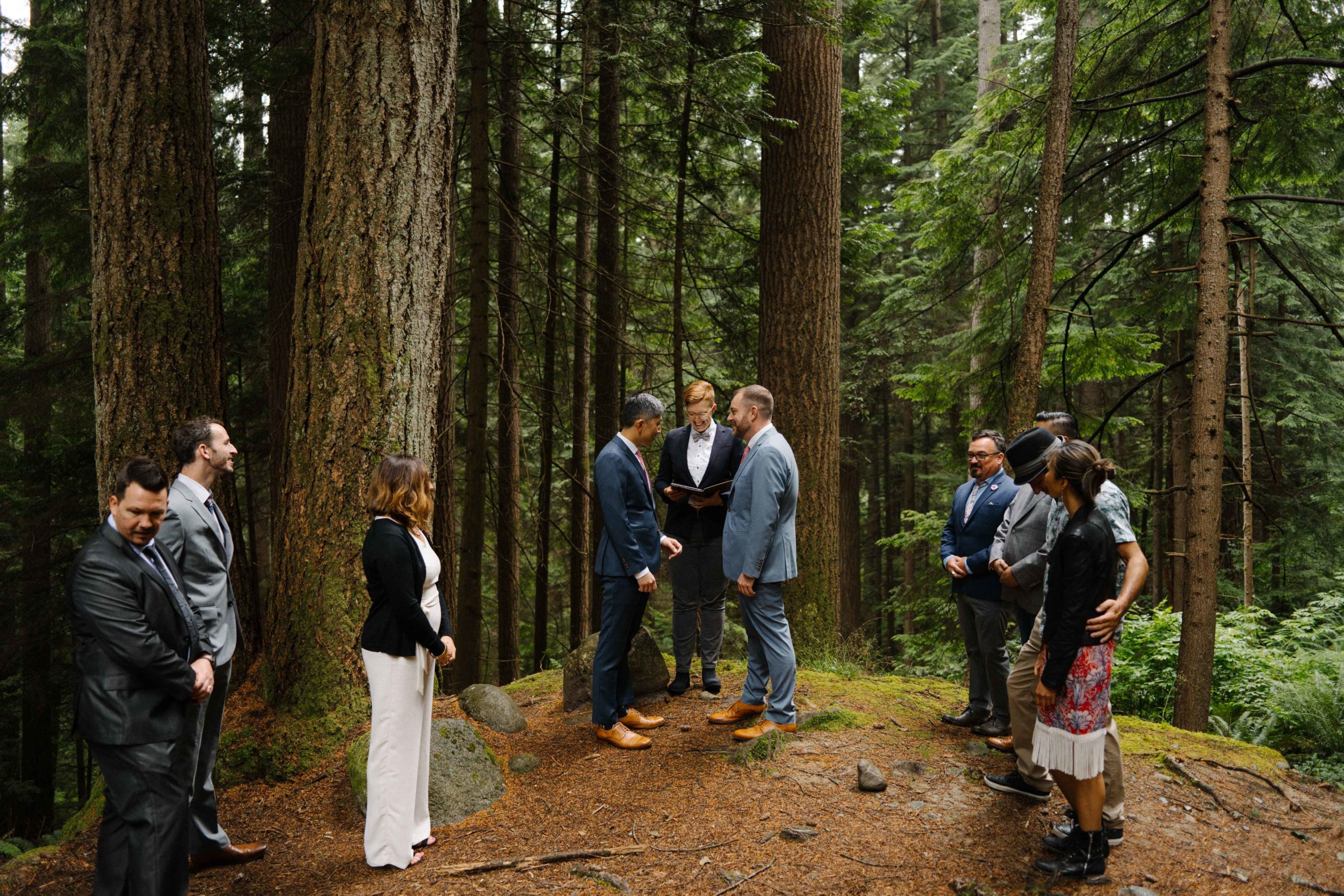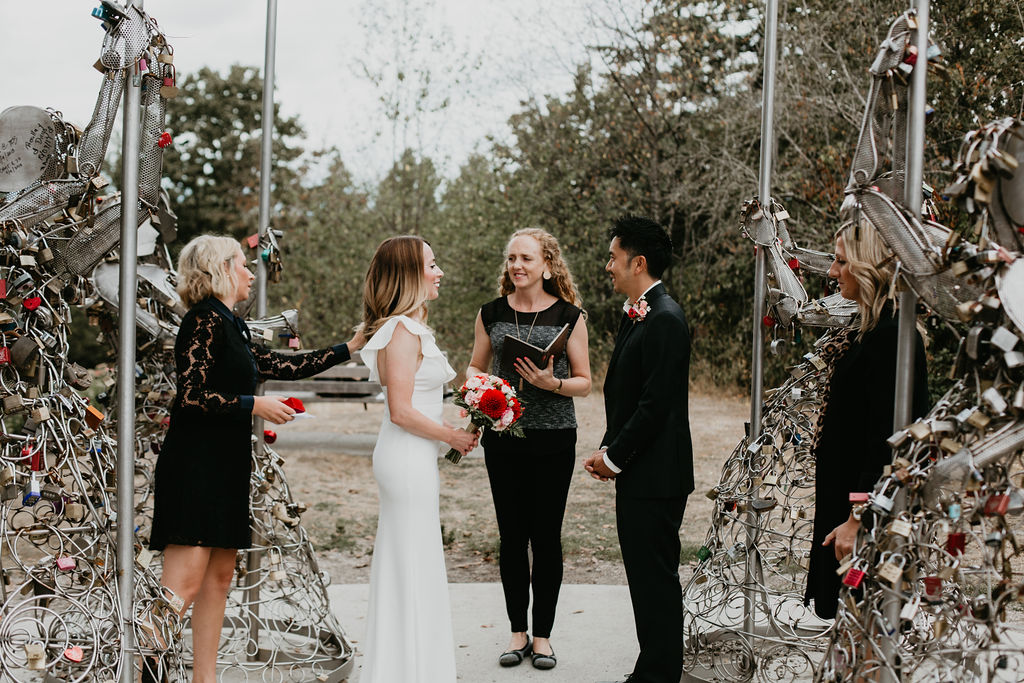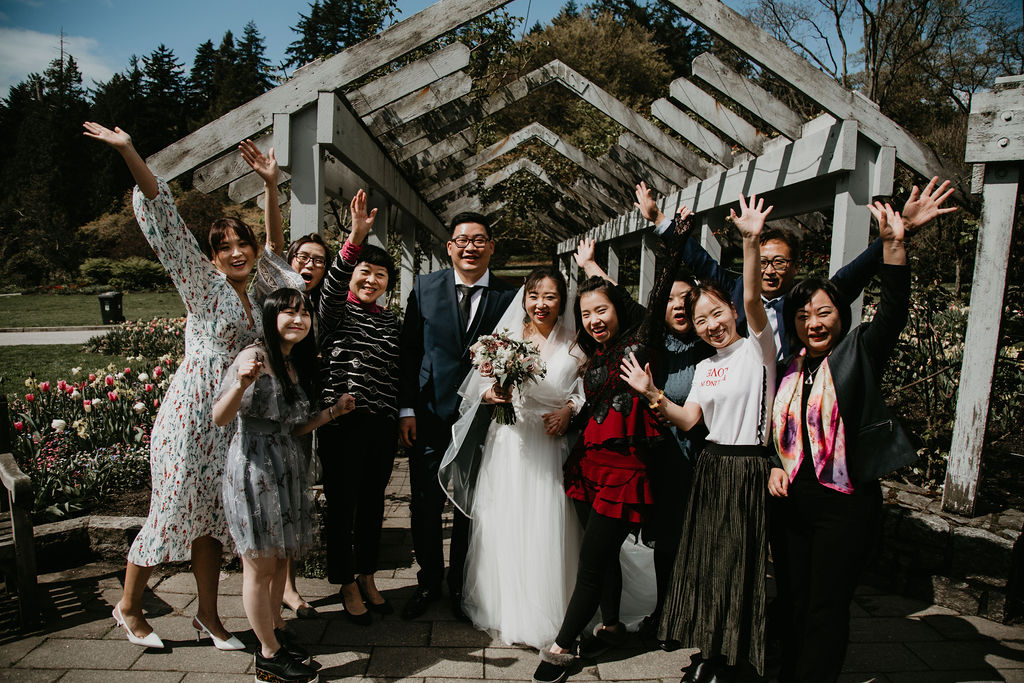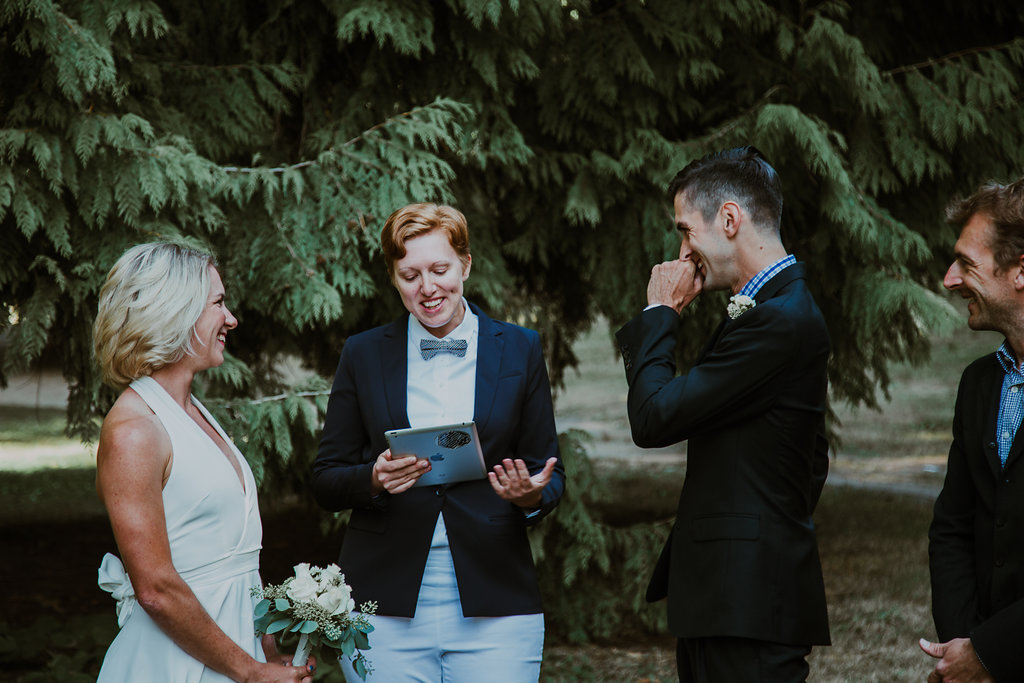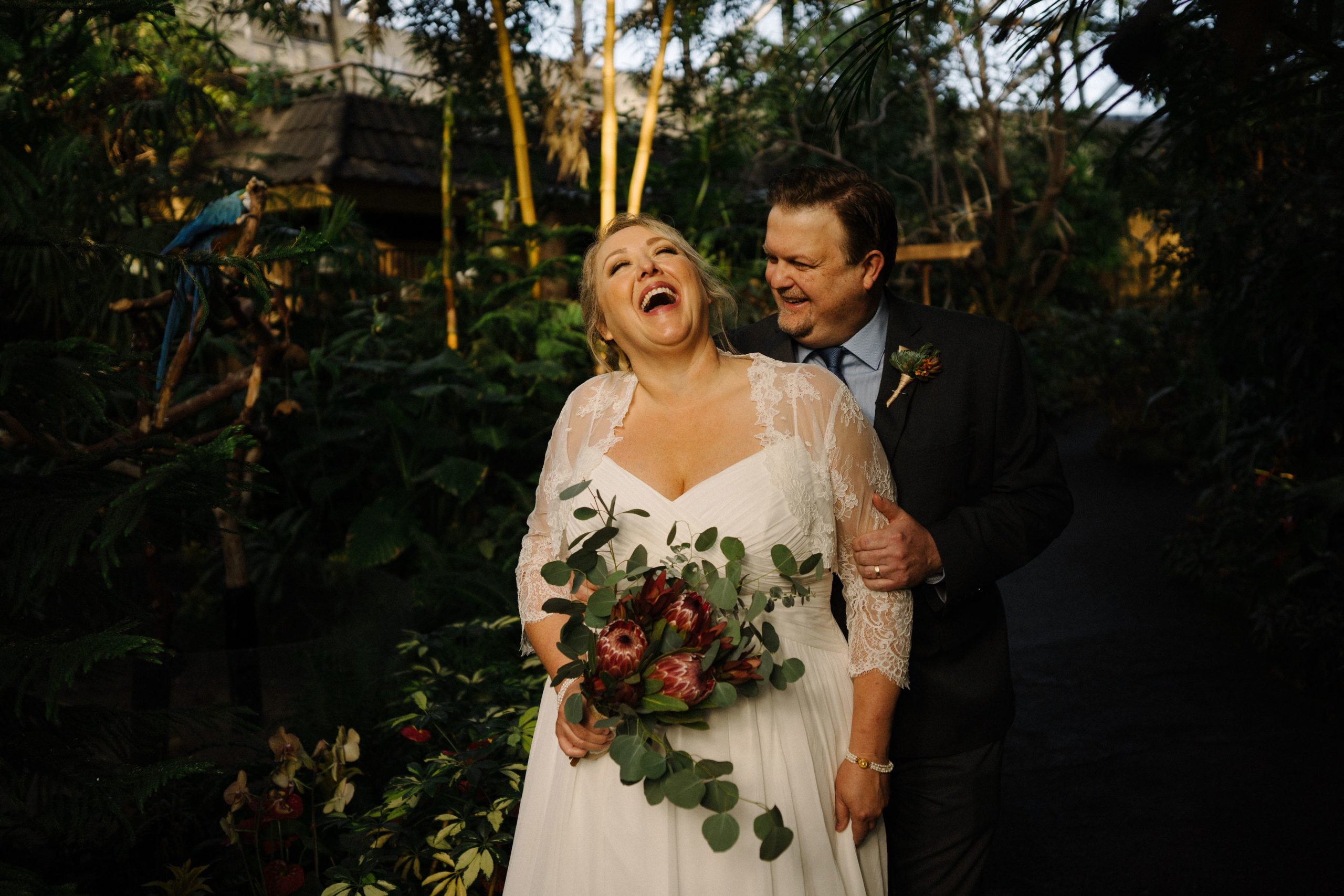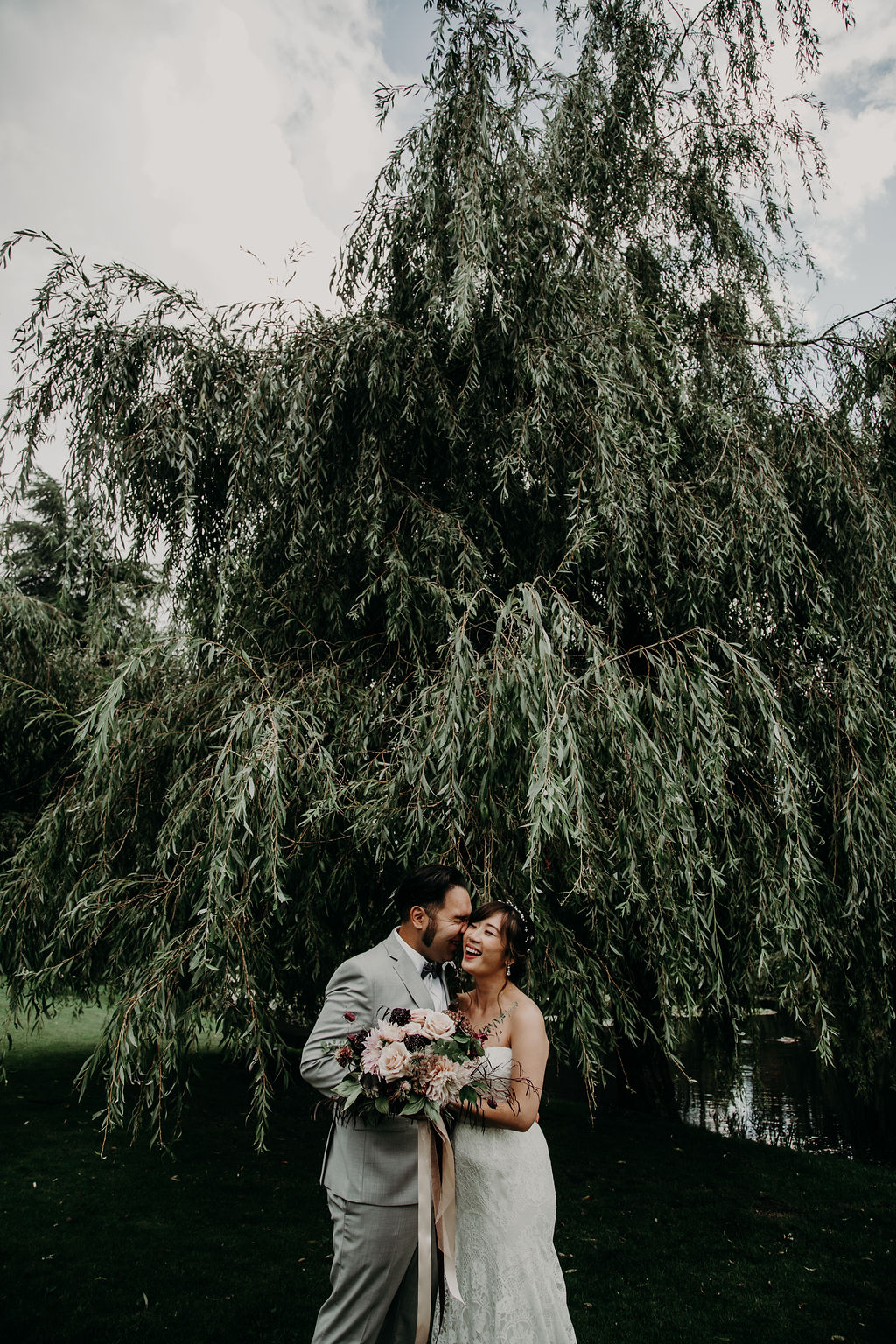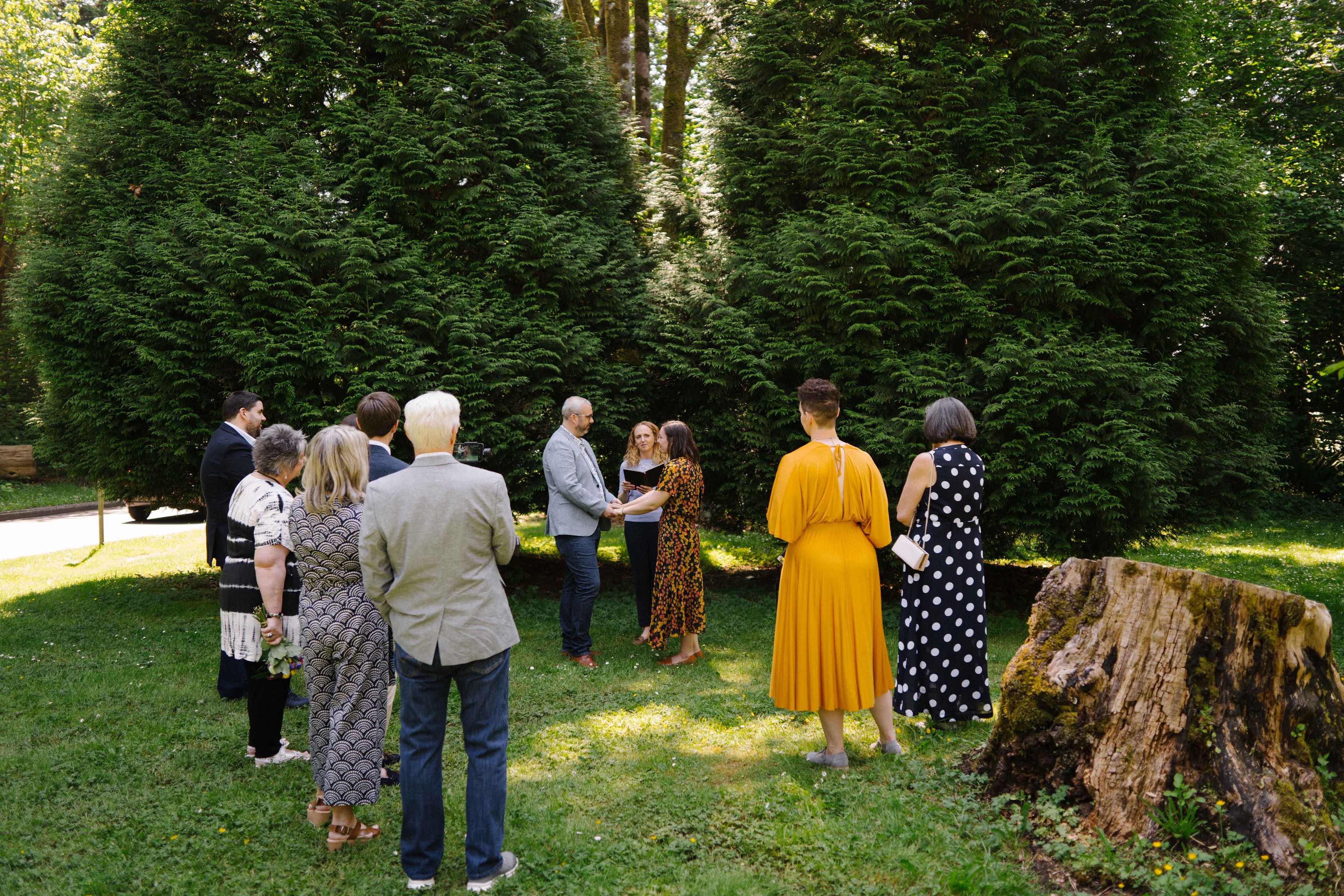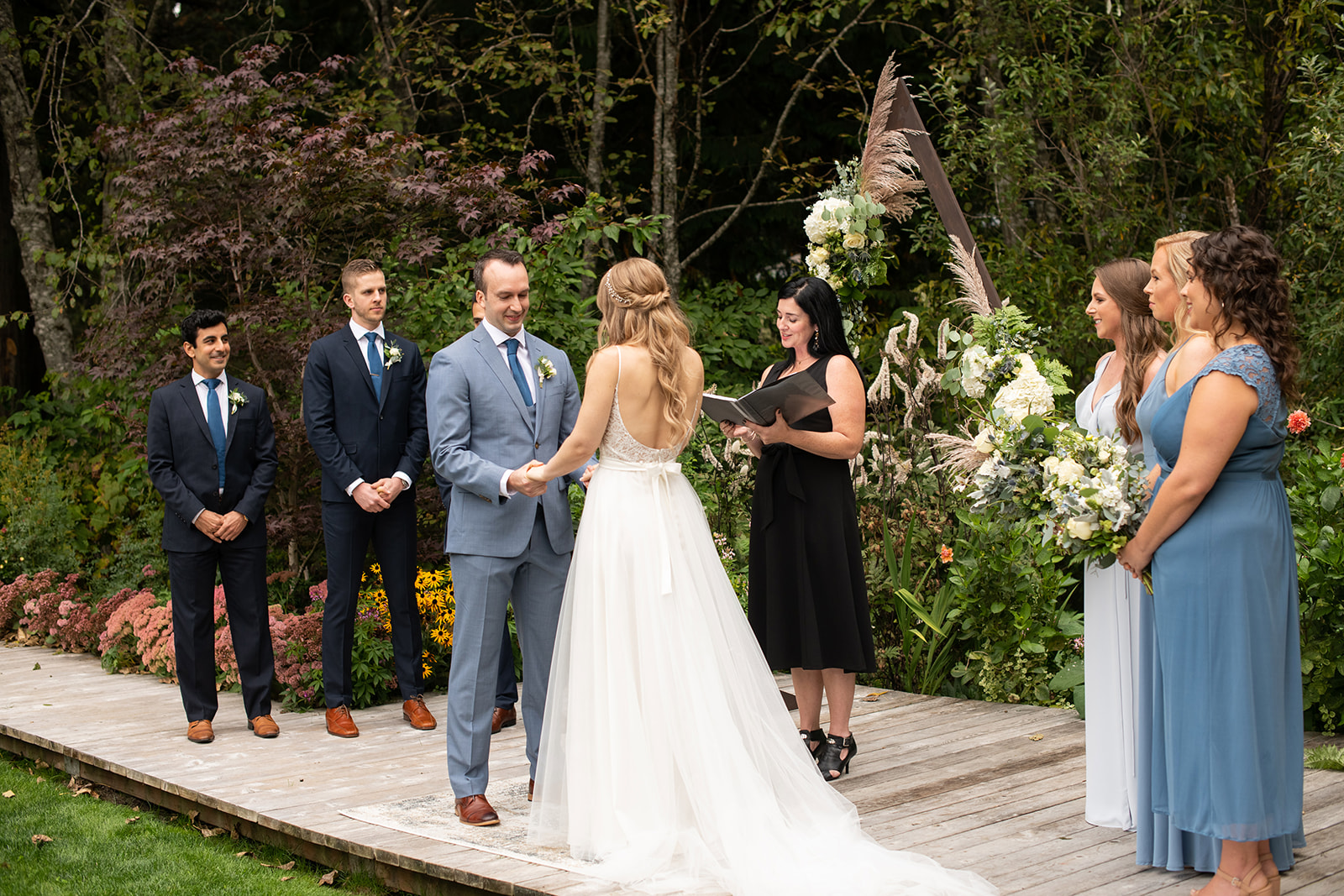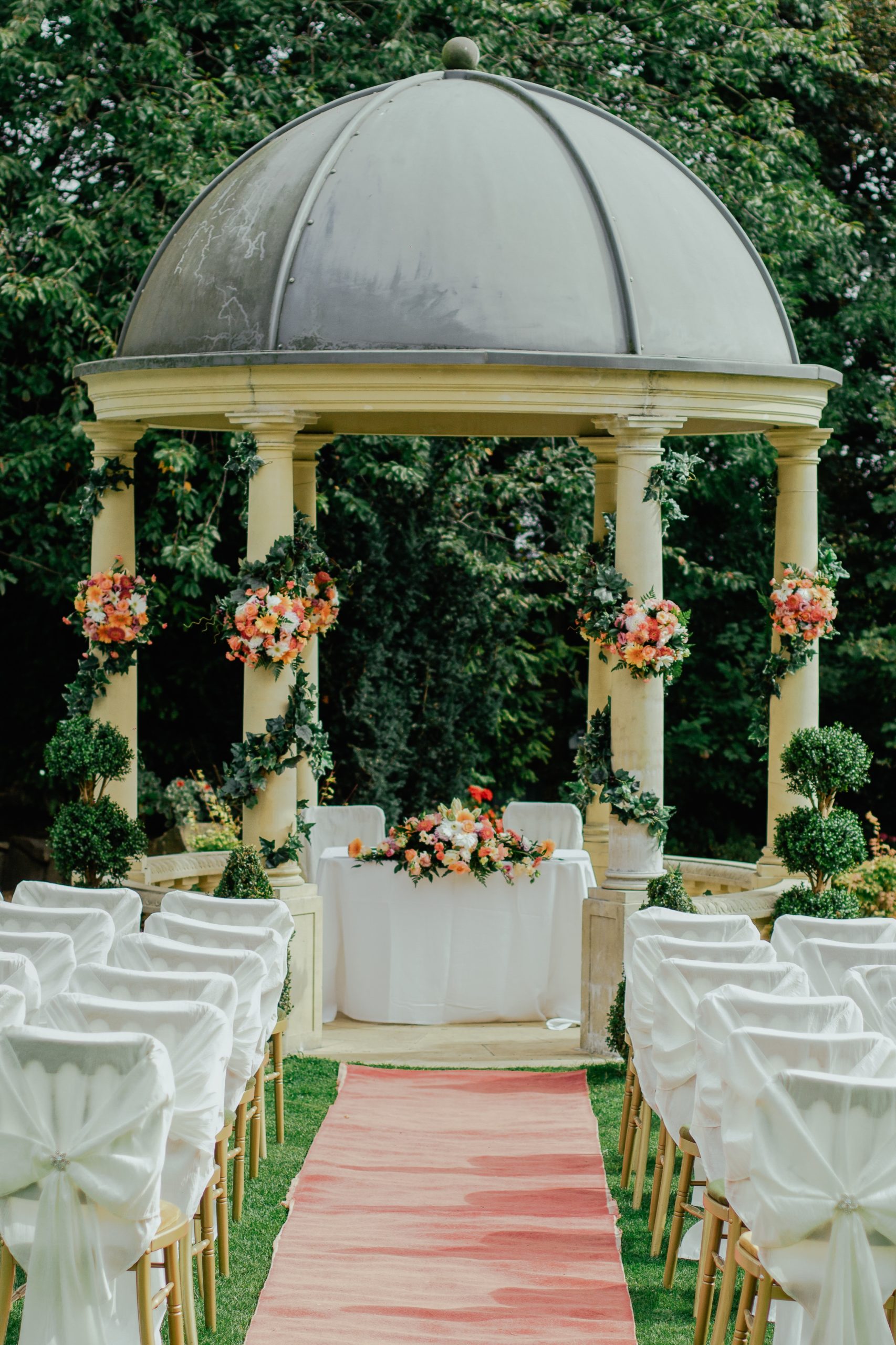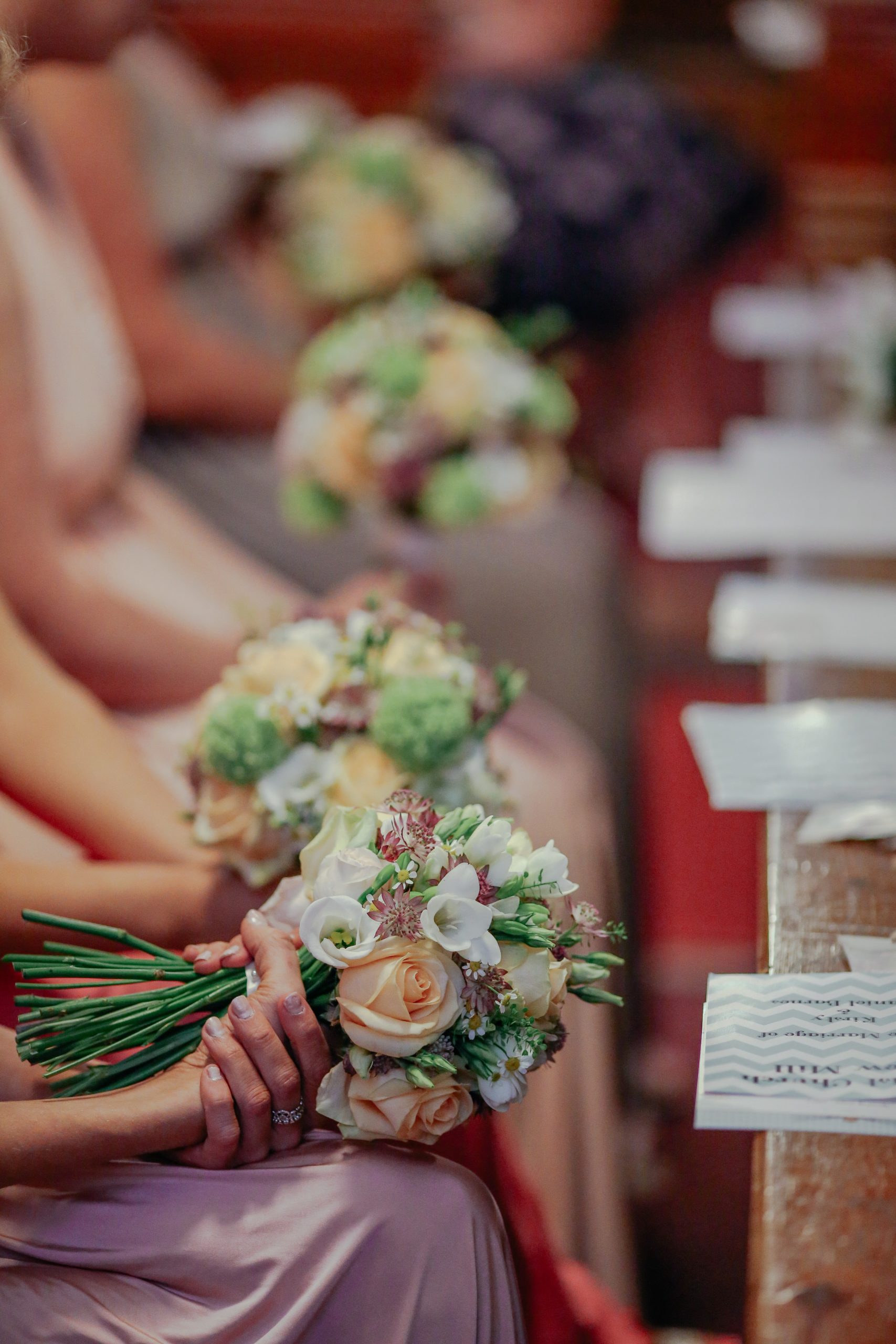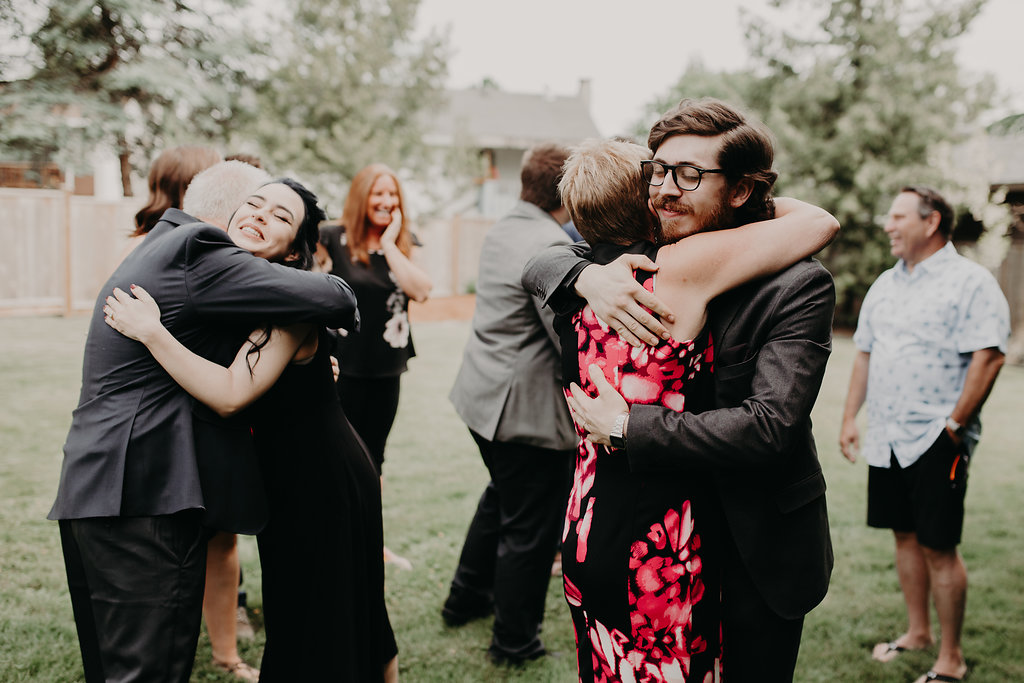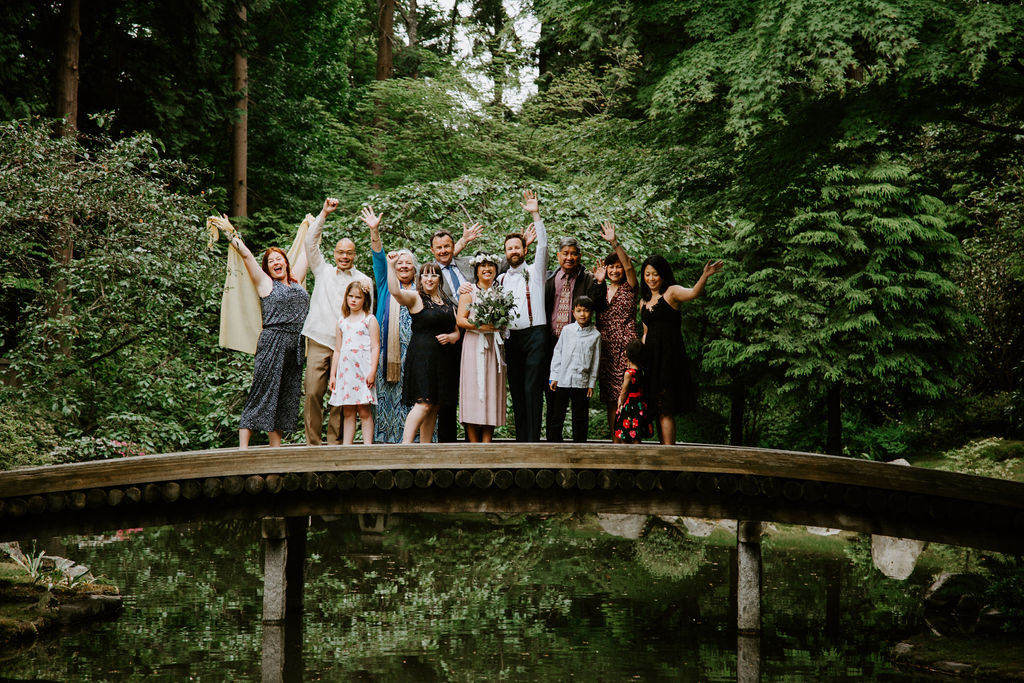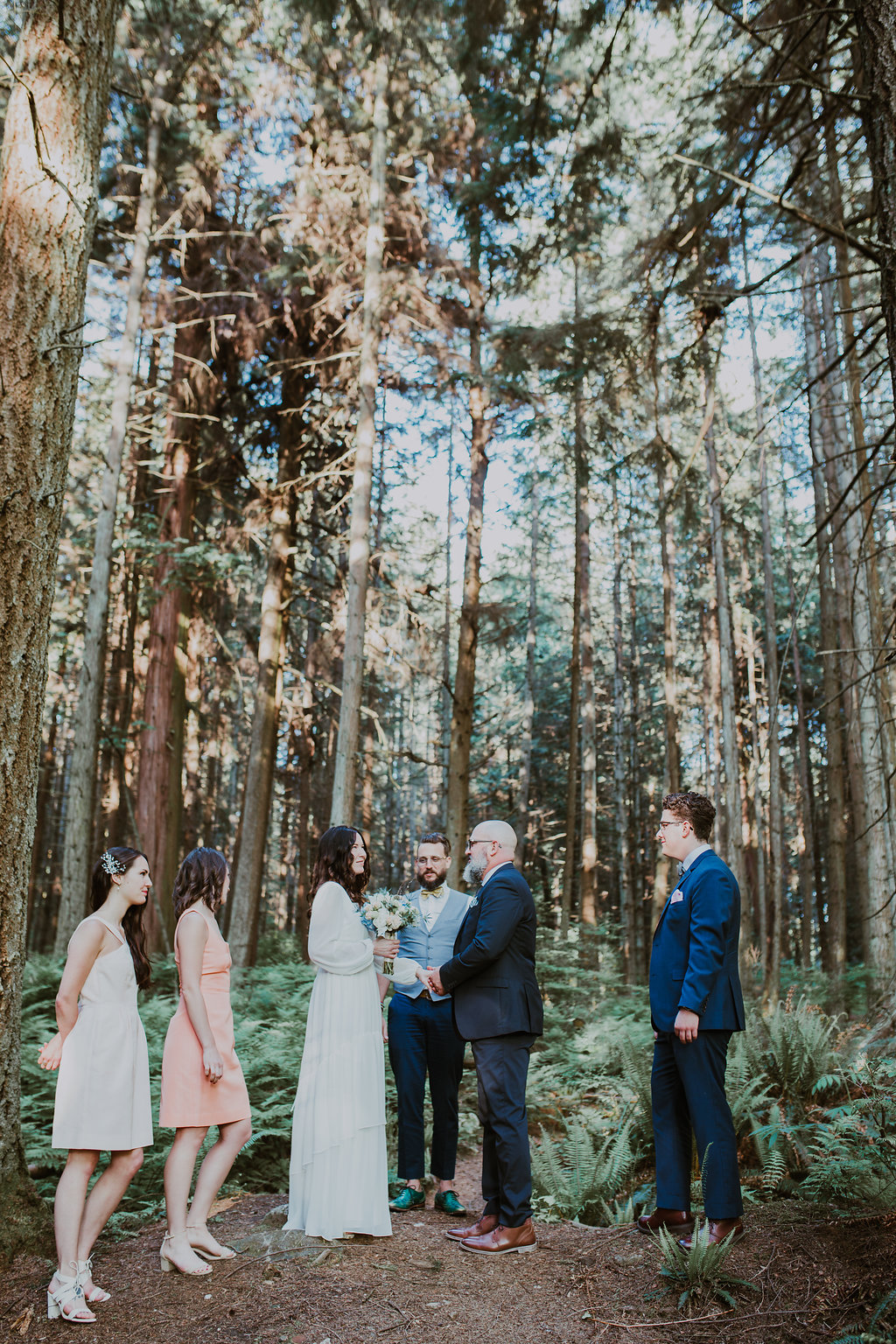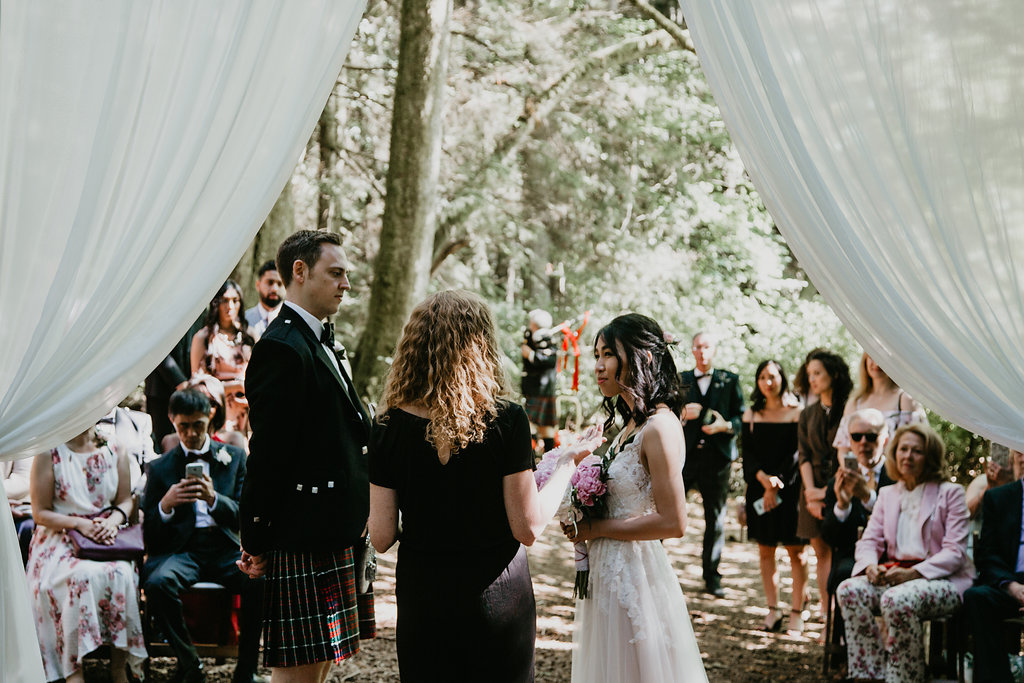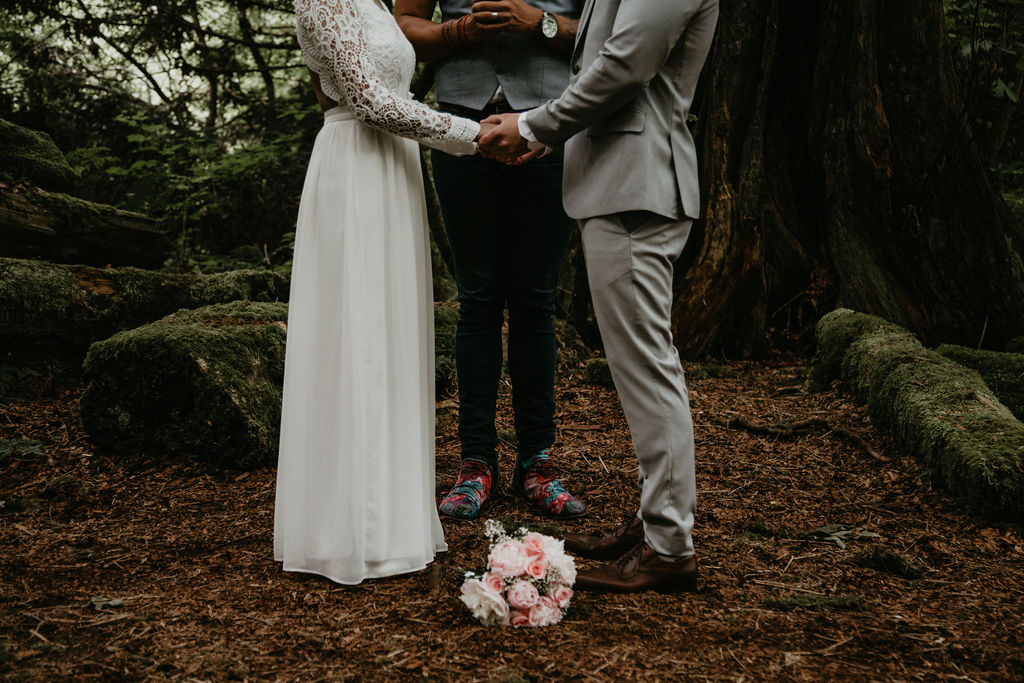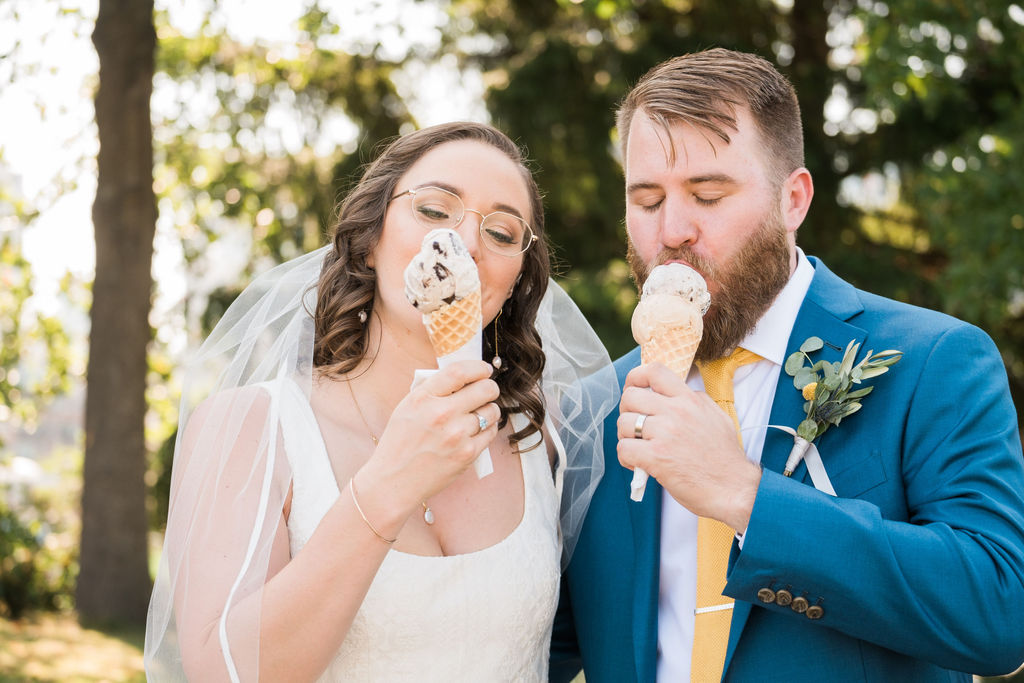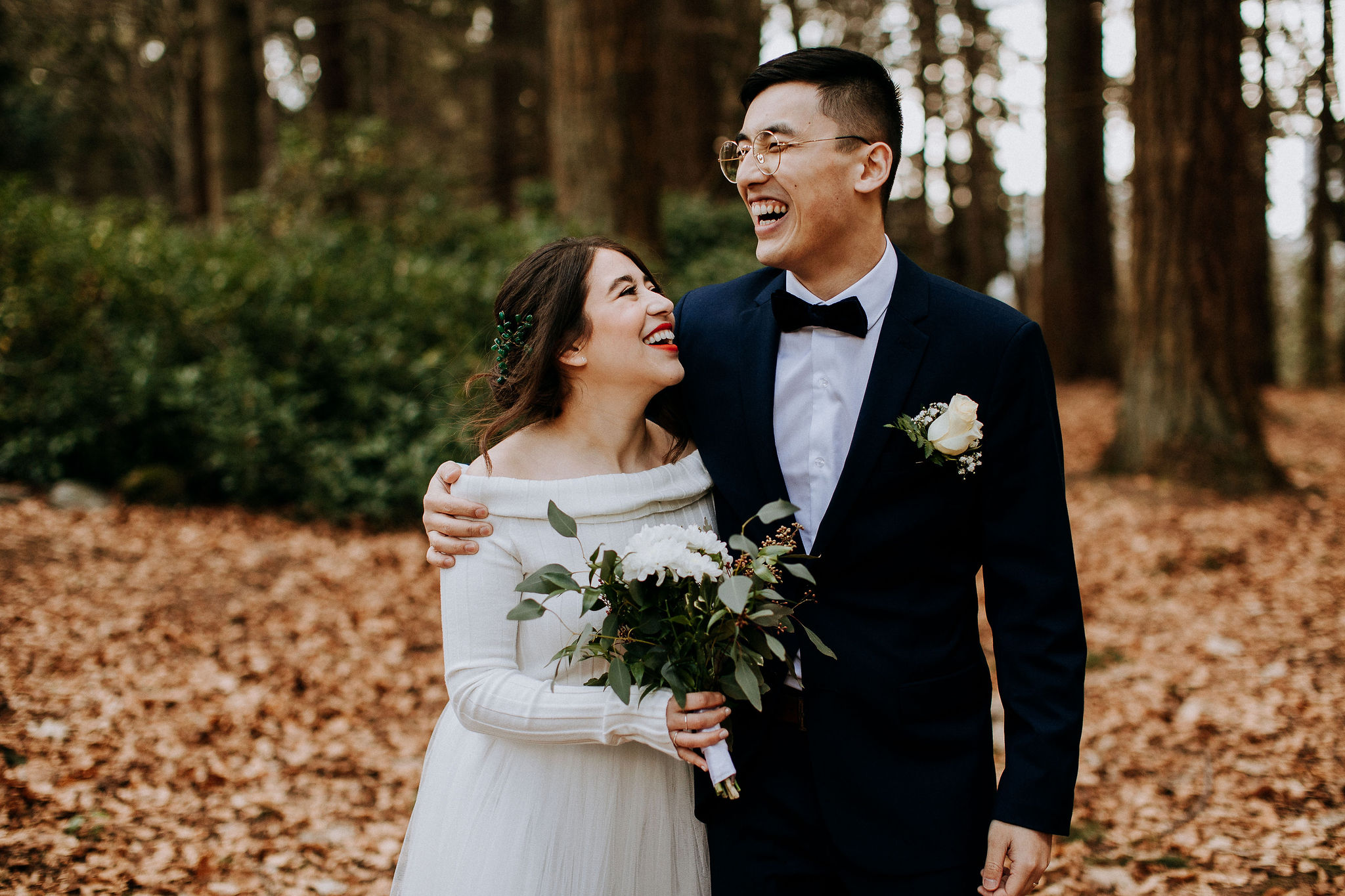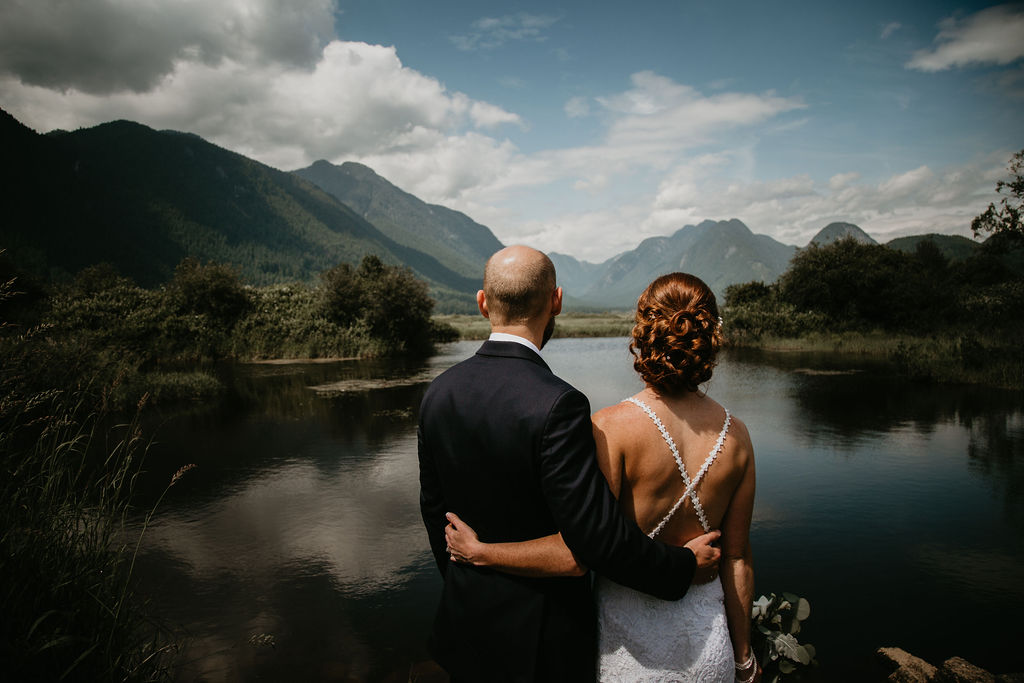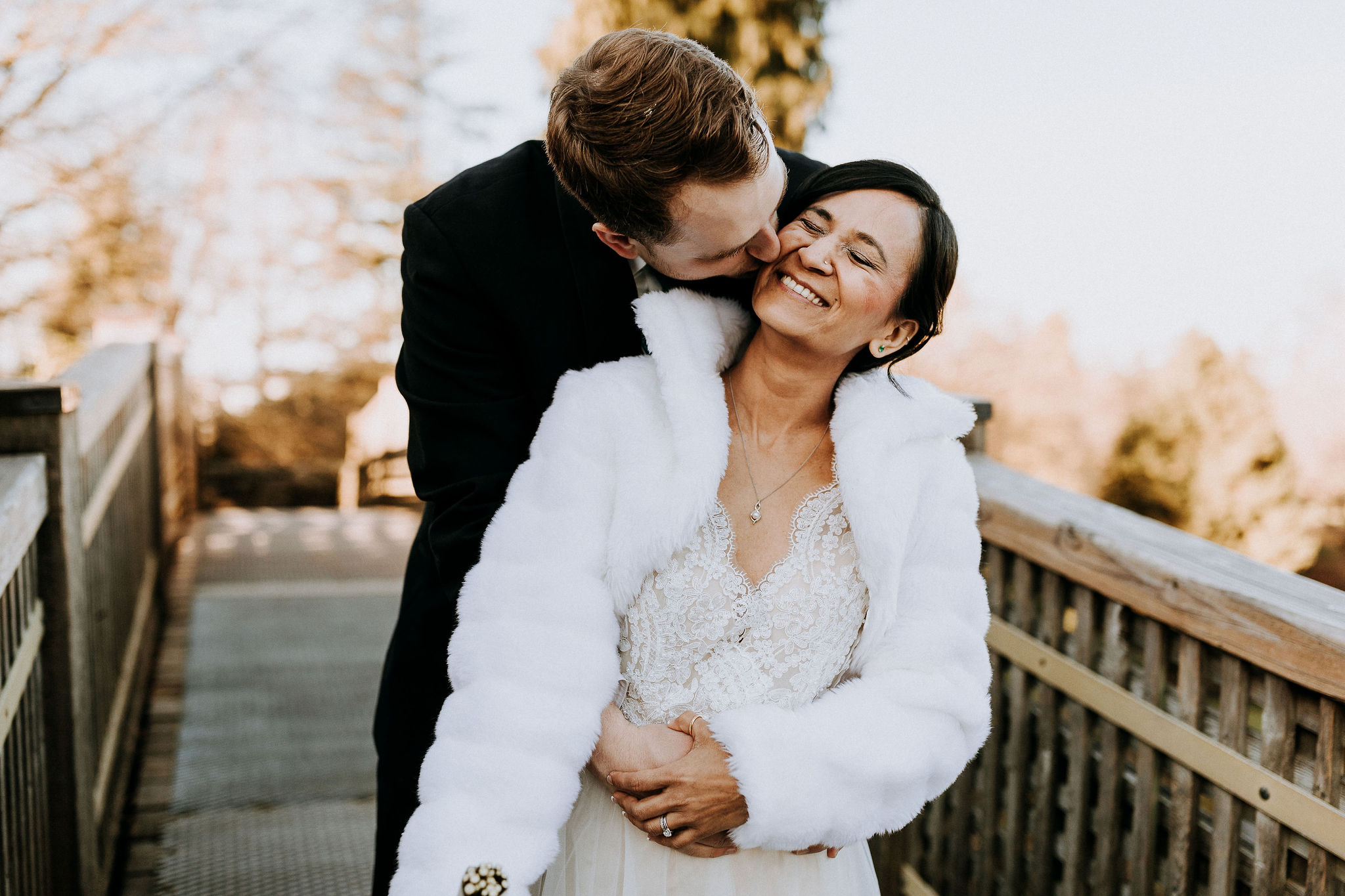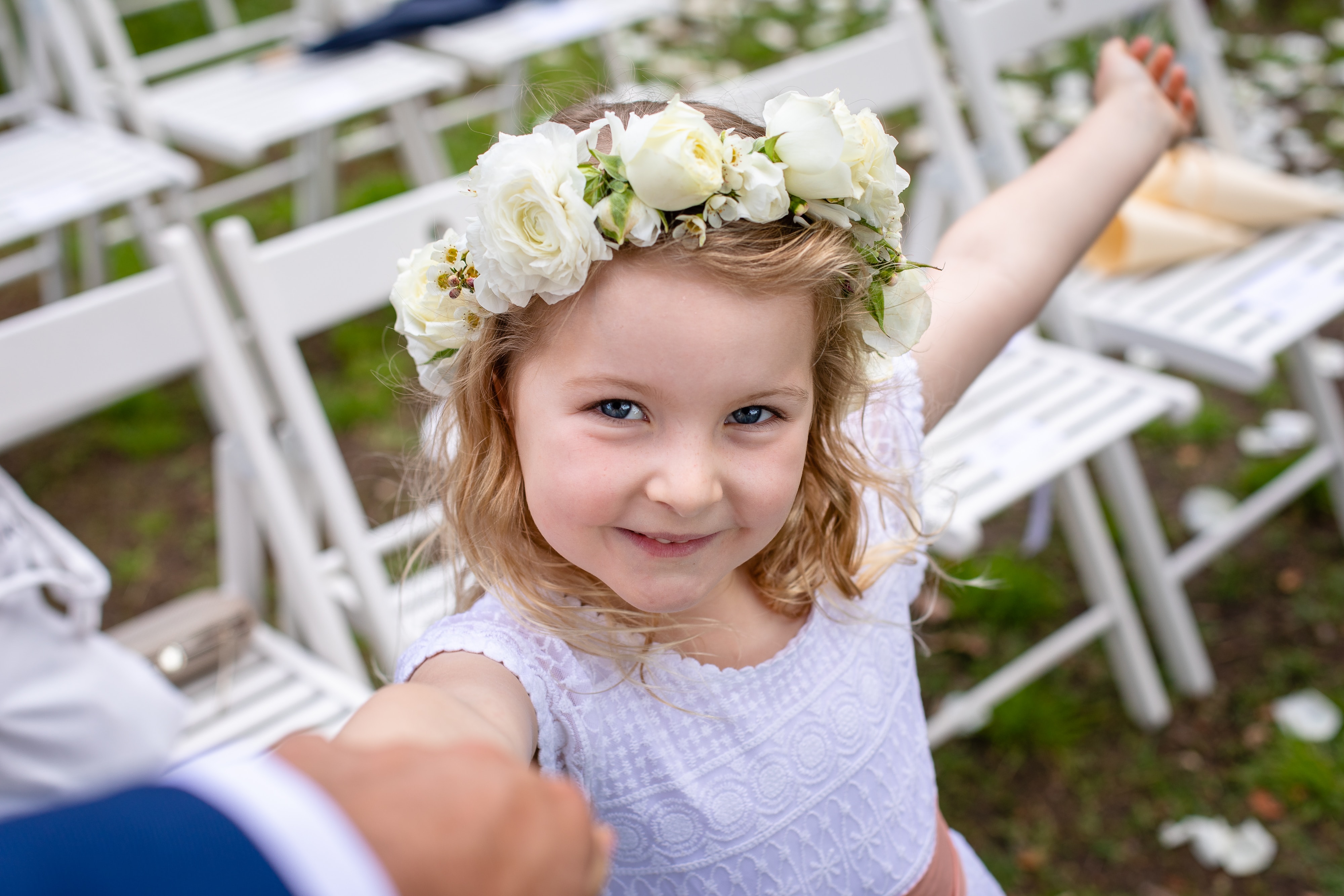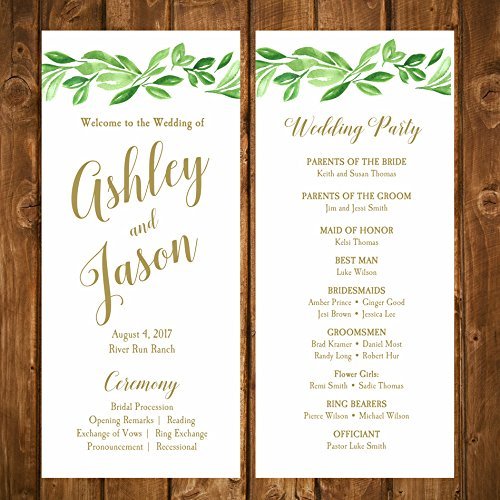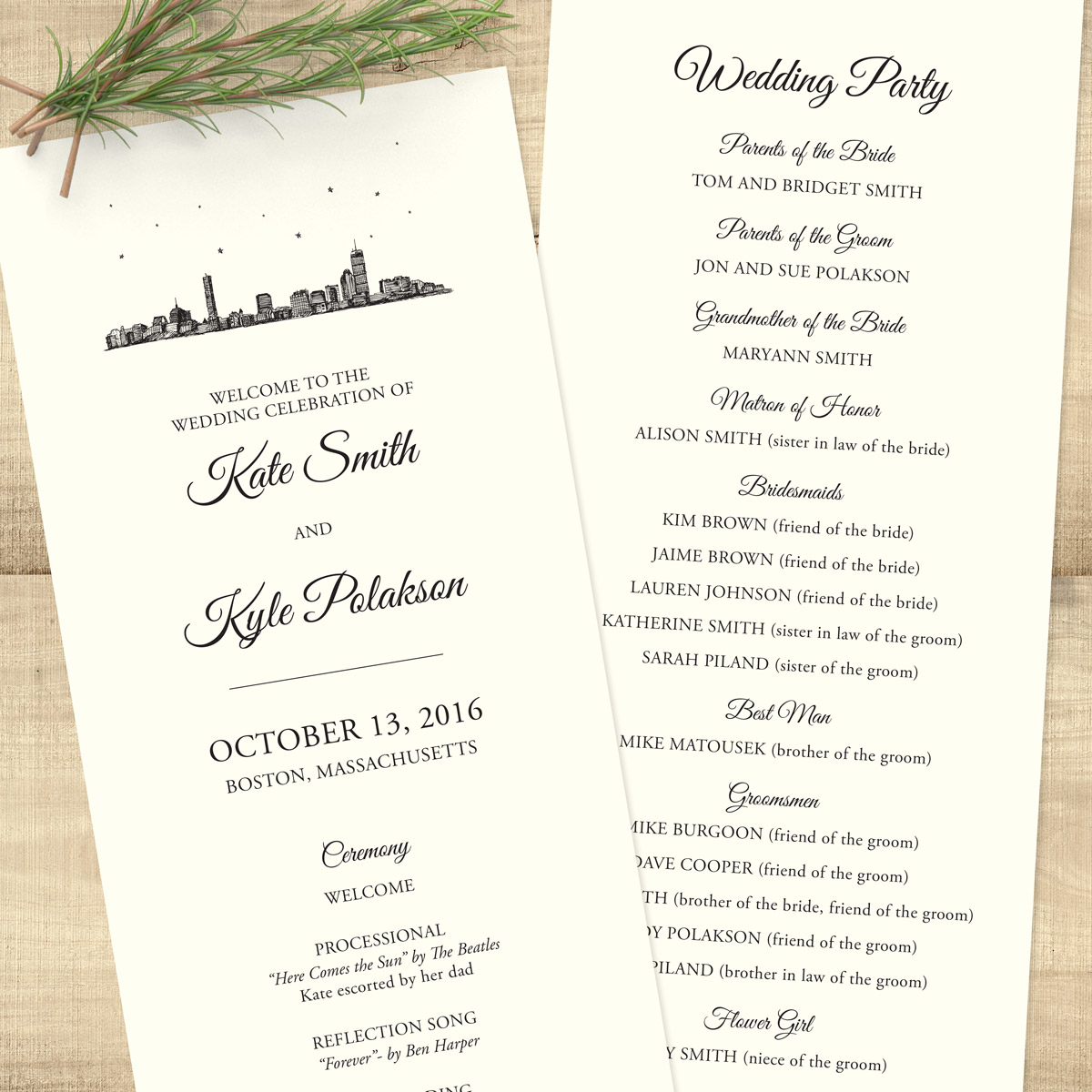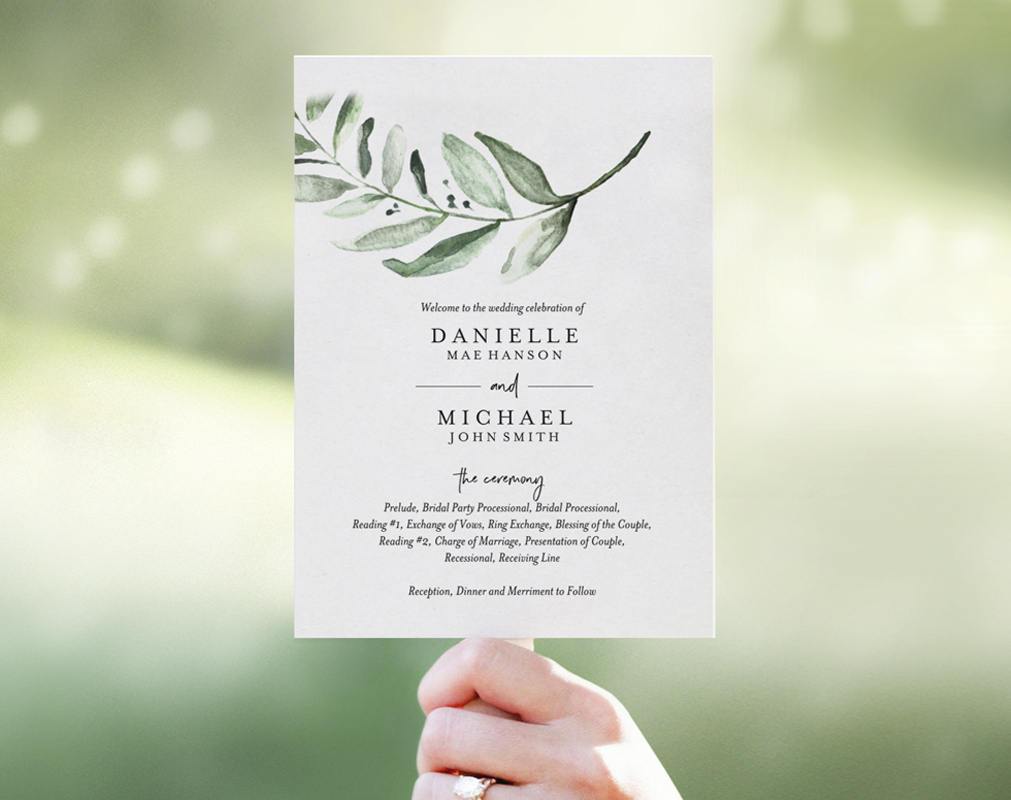So you got married? Congratulations! And now you want to change your surname but you have no clue how to change your name after getting married in BC…
…don’t worry! We’ve got you.
Whether you’re taking your partner’s last name, hyphenating, creating a new last name or doing something totally different, we’ll walk you through everything you need to know to change your name after marriage in the province of British Columbia!
Don’t want to update everything yourself? Get all of the paperwork you need to change your last name in BC for just $39!
If you don’t want to bother going through all of the steps below (and there are a lot!) an Easy Name Change Kit may be for you. For just $39 (as of Jun 2023, check the website for the most up to date prices), you’ll be able to choose from a list of over 750 government agencies and companies, received personalized forms and letters, and have everything you need to easily and quickly change your name.
Check out Easy Name Change to get started!
Please note: The information below is accurate to the best of our knowledge. If you have further questions, please contact the issuing bodies linked below.
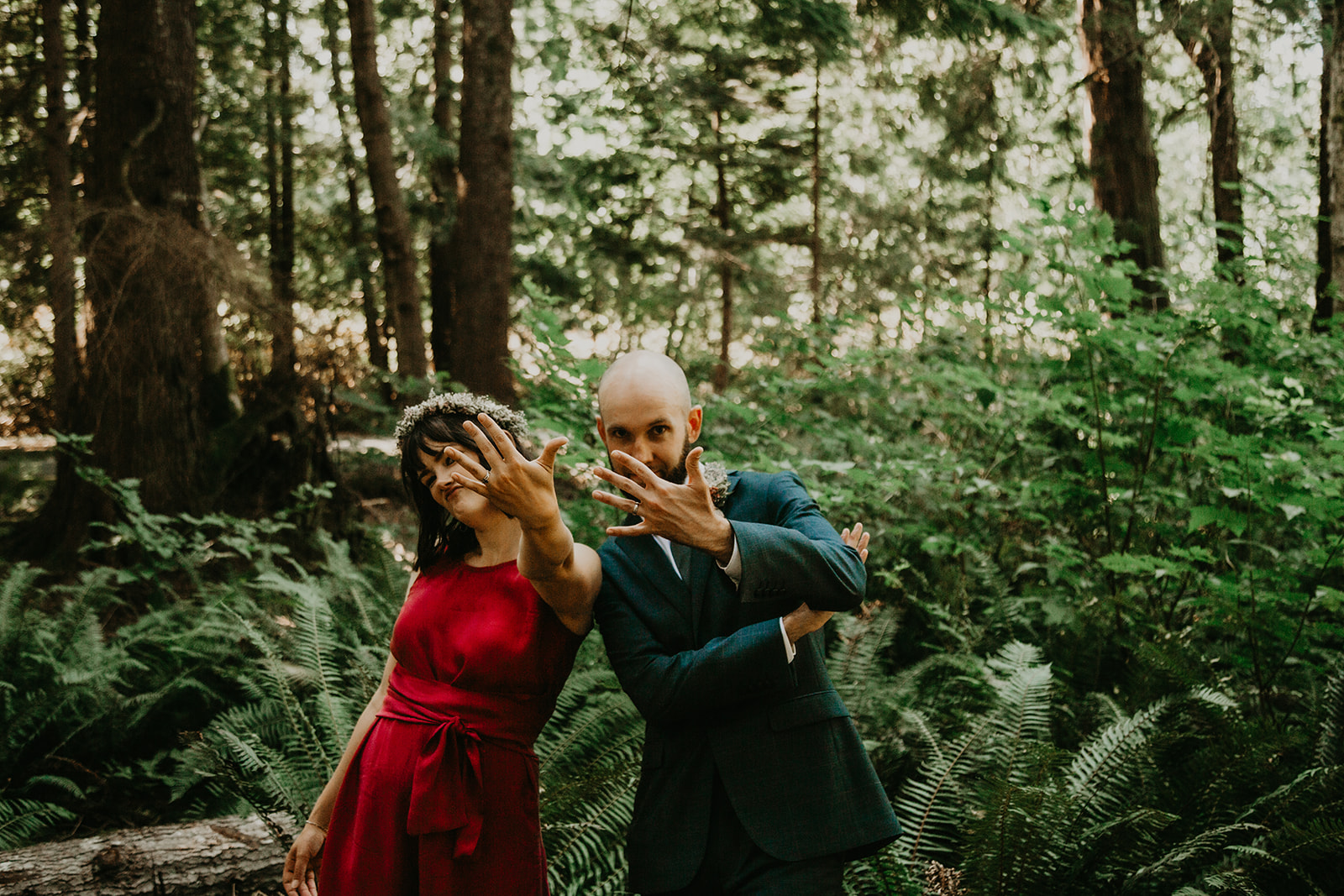
But first: Do you have to change your name in BC after you’re married?
Absolutely not! You are not required to change your name after marriage in BC or Canada. You can continue using your given name.
Name changes are also not restricted to only women in hetero marriages. Men can change their names too!
Social vs legal name change
Many couples choose to use a new last name socially, but don’t change their name legally. They may do this to avoid the extra paperwork or to use a different name in different situations. For example, if you’ve published academic papers under your given name, you may choose to continue using your given name professionally (and legally) but use your married name socially.
Changing your last name socially is not something you need to do officially, as it’s not a legal or documented change. At any point you can change your name on Facebook or Instagram, make a new email address, and ask your friends and family to start calling you Mx. New Last Name.
With a social name change, all of your identification documents remain the same. You would use your new name in social settings but for identification purposes, such as showing ID at a bar or buying plane tickets, you would use your legal name.
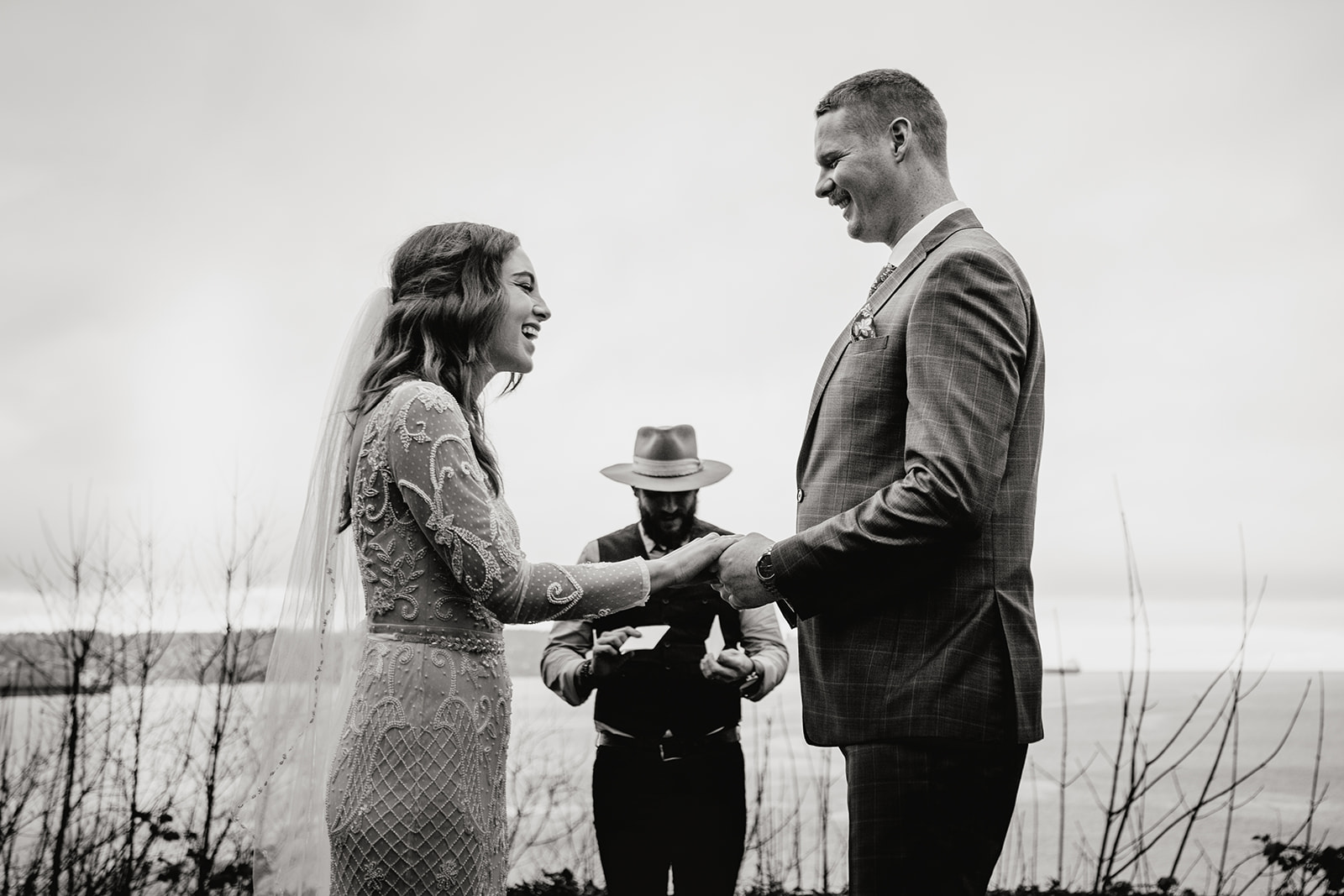
If you want something more official than a social name change, you have two options:
Option 1: Assuming your partner’s last name
As per the BC Government, “After marriage, you can choose to continue using your own surname (last name), or you can start using your spouse’s surname. Assuming your spouse’s surname does not constitute or require a legal change of name under the Name Act.
If after assuming a spouse’s surname after marriage you decide to go back to using your own surname, you can do this at any time without a legal change of name.”
TL/DR: If you want to take your spouse’s last name in BC, you don’t have to do a legal name change. You can simply start updating all of your documents with your Marriage Certificate as proof and begin using your new name. You can also switch back to your given name at any time.
Option 2: Doing something else with your last name
Unfortunately, anything other than assuming your partner’s last name in BC is much more complicated. If you’d like to hyphenate, move your given surname to your middle name, or create a new last name legally, you will have to go through the legal name change process.
Reminder: You can do whatever you want socially! The government doesn’t care what name you use on Facebook or when you introduce yourself at dinner parties.
The name change process begins by filling out the Legal Change of Name Application. This can be done online for a fee of $137. You are also required to obtain and pay fees for fingerprinting services, a criminal record check and certification of documents. You must present your original birth certificate as a legal name change will change the name on your birth certificate.
Once you have completed the legal change of name process (4-6 week processing time), you’ll receive your Certificate of Change of Name.
For more on the legal change of name process, please visit this website.
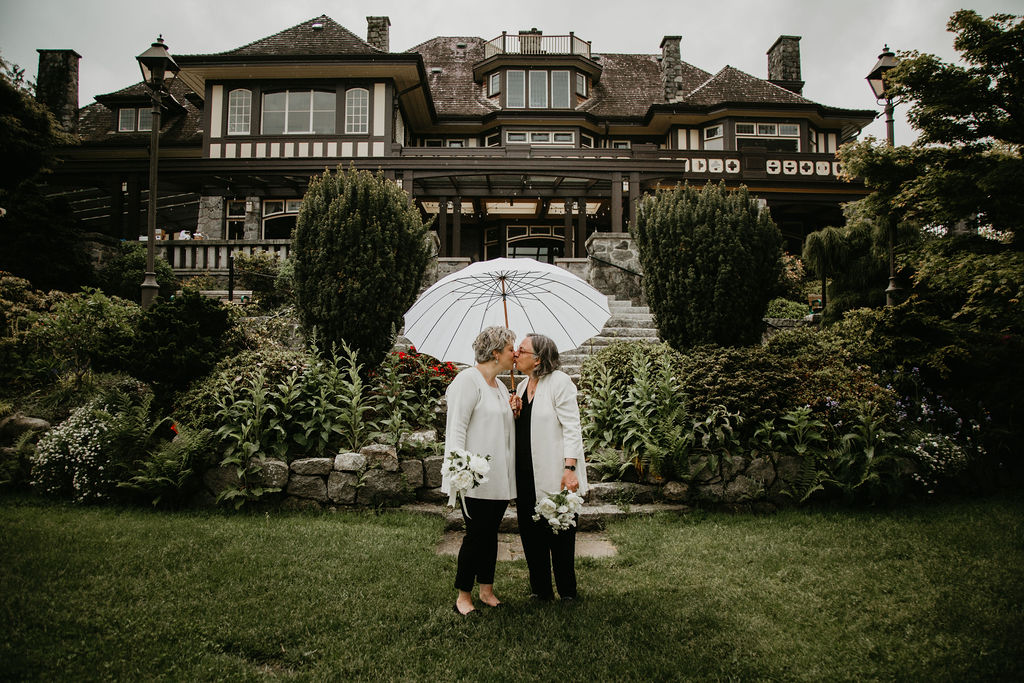
How to update your Canadian/BC documents with your new last name after marriage:
With your Marriage Certificate (if you are assuming your partner’s last name) or Certificate of Change of Name (if you have legally changed your last name) in hand, you’ll then be able to start changing your documents and identification over to your new last name.
Don’t want to update everything yourself? Get all of the paperwork you need to change your last name in BC with Easy Name Change for just $39!
BC Services Card & driver’s licence
- Contact Health Insurance BC (HIBC) to change your name on your Medical Services Plan (MSP). Phone 604-683-7151 or 1-800-663-7100, Monday to Friday, 8:00am – 4:30pm.
- Receive a confirmation letter in the mail from HIBC.
- Go to your nearest ICBC driver licensing office to complete your name change. You can book an appointment ahead of time online.
For your appointment, you’ll need:- The confirmation letter sent to you from HIBC
- Your Marriage Certificate or Certificate of Change of Name with your new last name on it
- Your current BC Services Card and/or driver’s licence
- The fee for your new ID (see the fee list here)
- Receive your temporary ID immediately and new ID in the mail shortly after.
Important things to note:
- Updating your driver’s licence when you change your name is a legal requirement in B.C.
- If your name has changed previously, you’ll need to bring all linking documentation.
- Passports cannot be used as identification for changing your name.
- Photocopies can only be used when stamped as verified originals by the issuing government office.
- To update your name on your car insurance, please contact your broker for further instructions.
PS: Moving in with your spouse? You can update the address on your BC Services Card or BC Licence online!
For more information about updating your BC Services Card click here, and for updating your BCID or BC driver’s licence, click here.
Bank and credit cards
Most Canadian banks will require you to visit a branch office in person with your Marriage Certificate or Certificate of Change of Name in order to change your last name on your account and cards. You may also be required to fill out a form or provide identification, such as your BC Services Card or driver’s licence with your new name.
If you have a bank-issued credit card, you should also be able to change your name on your card at the branch when updating your banking information. Keep in mind that all banks and credit card companies operate differently, so get in touch with yours for the exact procedure.
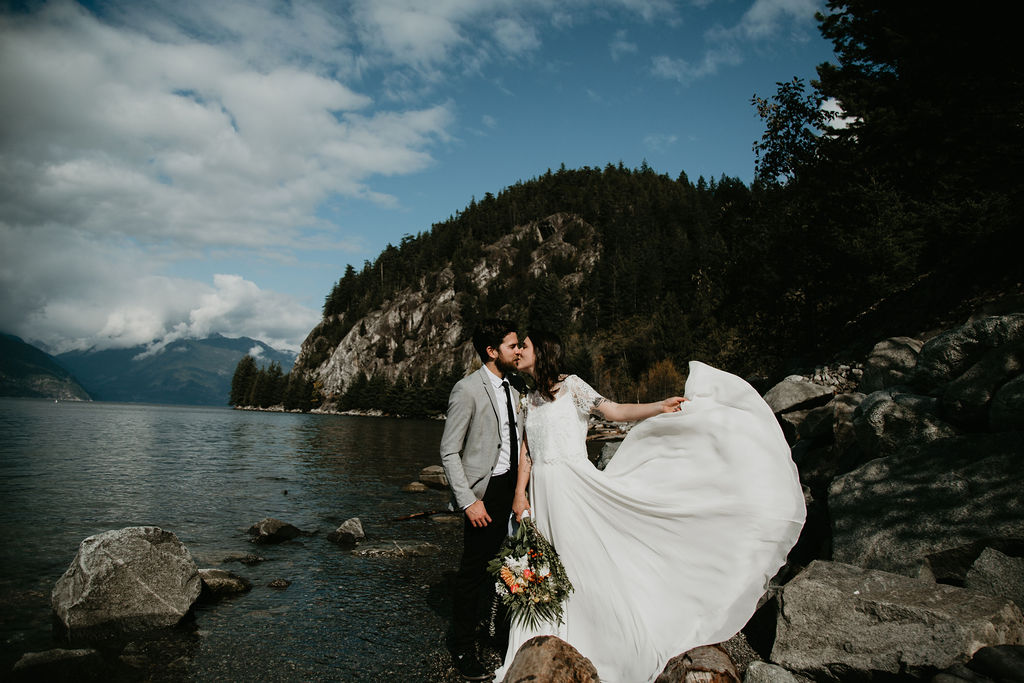
Social Insurance Number (SIN) card
According to the Government of Canada, “If you are legally changing your name: By law, you must update your SIN record when you change your name.” However, there seems to be some debate over whether an assumed last name is treated the same as a legal change of name. Many couples report not updating their SIN cards and having no problem filing taxes, getting paid, etc.
However, a little birdie told us things may get complicated when you go to collect your CPP (Canada Pension Plan) if your current last name doesn’t match the one on your SIN card. So, we suggest updating everything with your new last name, whether assumed or legally changed, to avoid any problems in the future.
To update your SIN, you’ll need to fill out an application and provide supporting documents. The application can be filled out online, by mail or in person.
If applying online you’ll need to provide:
- a digital copy of an original valid primary identity document (you must provide both sides of the document if there is identity information on each side), like your birth certificate or certificate of Canadian citizenship
- a digital copy of an original valid secondary document, like a passport or driver’s licence
- a digital copy of a proof of address
- a digital copy of an original valid supporting document (only applicable if the name on your primary identity document is different from the name on your secondary document or than the name on your online SIN application form), like your Marriage Certificate or Certificate of Change of Name

Canada Revenue Agency (CRA)
You’ll need to update the CRA not just with your new name but also with your change of marital status. You have until the end of the following month after your status changed to notify the CRA (e.g. if you got married in September, you must update the CRA by the end of October).
While your change of marital status can be updated online, your change of name must be done by phone, mail or fax.
Change of marital status
- Visit this website
- Sign into your CRA account and go to your Personal Profile
- Under Personal Information > Marital Status, click Update
- Enter your new marital status, effective date, and your partner’s SIN
- Click Submit
Change of name
- Visit this website
- By phone: Call 1-800-959-8281(see link above for hours of operation)
Be ready with your:- Social Insurance Number
- Full name and date of birth
- Your complete address
- Your personal account open or an assessed return, notice of assessment, reassessment, or other tax document
- Marriage Certificate or Certificate of Change of Name
- By mail/fax: Send your letter to your tax centre (locations found here)
Your letter must include:- original or certified true copy of one of the following documents:
- a name change certificate from a provincial/territorial vital statistics department
- a court order issued under an act on change of name
- your old and new names
- your social insurance number
- your signature
- original or certified true copy of one of the following documents:
Note: You can only change your name by phone if this is your first time changing your first or last name. If you have previously changed your name, you’ll need to apply by mail or fax.
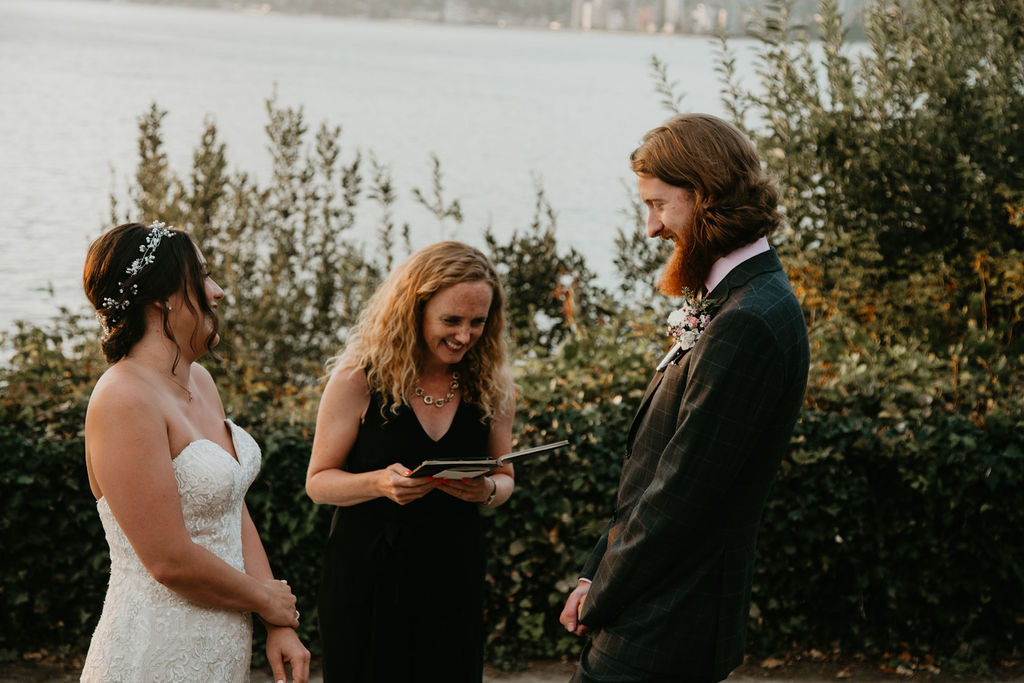
Canadian Passport
Updating your passport with your new information can be tricky to time, so make sure you have knowledge of any upcoming travel plans before starting this process.
- Visit this website (for change of name information) and this website (for application information)
- Fill out the application form using your new name
- Provide the following documents:
- Your current passport (if it’s still valid)
- Supporting ID with your new name (e.g. new BC Services Card or driver’s licence)
- Proof of citizenship
- Marriage Certificate or Certificate of Change of Name (original or copy)
- 2 identical passport photos (that follow the passport photo requirements)
- Find a guarantor and 2 references
- Submit your application by mail or in person
- Pay the fees ($120-160, plus any fees for expediting your application)
- Receive your passport (by mail or pick up in person) in 10-20 business days plus mailing time. Click here for current processing times and to check the status of your application.
Important note for travel:
If you are travelling internationally, the name on your passport MUST match the name on your travel bookings (plane tickets, bus tickets, etc.). This can make honeymoon planning difficult as you may not have time to apply and receive your new passport with your new name before you leave.
Many couples choose to go on their honeymoon with their given names (using their current passport and booking everything under their given last name) as they don’t want to risk not receiving their new passport in time.

Work, voter registration, phone, utilities, etc.
After you’ve taken care of the big stuff, changing your name elsewhere should be relatively easy. You’ll usually realize you still need to change your name somewhere when you receive piece of mail addressed to your previous name. And it’s usually as easy as going online and updating your name information.
Here are a few more places you may want to update your name:
Work:
Depending on where you work, you may need to provide formal proof of your new name. This can usually be done by providing your Marriage Certificate or Certificate of Change of Name or any of your new identification (e.g. new driver’s licence). Your work may need this information to update your payment and tax paperwork. You’ll want to make sure that your name on your pay stubs/T4 matches the name the CRA has come tax filing time, so be sure to contact HR.
You may also want to have your new name used in your work email address or other places around the office, such as the company directory.
Phone & utilities:
Log into your online accounts for your phone and utility companies where most will allow you to update your personal information. Some companies may require you to phone or provide proof of name change.
Voter registration:
You can update your name through the Online Voter Registration Service with Elections Canada. You can also update your information at your polling station at the next election. Note that at the time of writing (Sep 2021), online updating is temporarily unavailable as electoral data from the recent election is being processed.
The fun updates: Social media
Now comes the fun part: Changing your name on social media! There are no applications, fees, long lines or paperwork required. Simply log into your favourite social media apps and have fun updating and using your new name!
Before you change your last name, don’t forget to book your wedding officiant for your ceremony! Get in touch to book your officiant today!
written by Riana Ang-Canning
